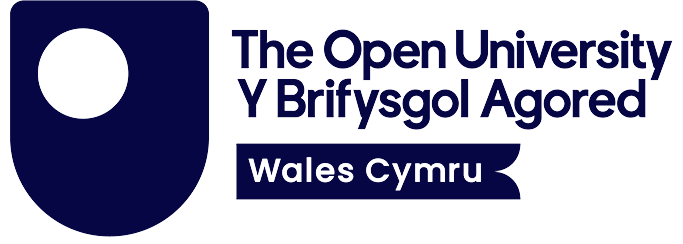Following the successful first cycle of the Physics Mentoring Project, we have implemented the recommendations suggested by the project’s external evaluators, OnData Research Ltd.
This included linking the training and support materials for mentors to the Science Capital Teaching Approach, which is a methodology for inclusive science teaching which was developed by researchers and teachers. The evaluators have provided a second interim report which covers the second cycle of mentoring.
Cycle 2 saw an increase in the number of schools participating, from 9 to 14. The %FSM (free school meal) average for these schools was 21%, well above the national average of 16%. Across the 5 partner institutions, there were a total of 25 mentors participating with a gender split of 56% male and 44% female, with two Welsh speakers amongst the group and seven returning mentors from cycle 1 in 2018-19.
The same positive trends observed in the first cycle are observed in the second; there was a strong shift away from students feeling they are “unsure”, “probably won’t” or “definitely won’t” take Physics A-level, toward “definitely will” and “probably will”. A similar positive shift is observed in intentions to go into STEM careers. The evaluators, through a blended approach, have identified the Physics Mentoring Project as playing a key role in the mentees’ decision making. More statistically robust conclusions will be drawn at the end of cycle 3, once full data is collected. Alongside this data, the report comments that “teachers are keen to stress that this experience is not just for students in the top-set and C/D grade boundary students can find that their attainment is very positively impacted through the improved confidence they have following participation in the Physics Mentoring Project”.
The report also comments on the impact of being a mentor on the (undergraduate) student experience and employability. Mentors agreed the benefits of participating included development of organisational and communication skills, confidence building, example experience for CVs and interviews and help with experience if they plan to teach or volunteer (e.g. Scouts). Mentors’ intentions to go into teaching will be explicitly explored in the project’s final report.
Click here to read the full report. The pilot year of the Physics Mentoring Project has been extended, securing the delivery of a third cycle of mentoring in schools, with the final report due to be published in the summer.





